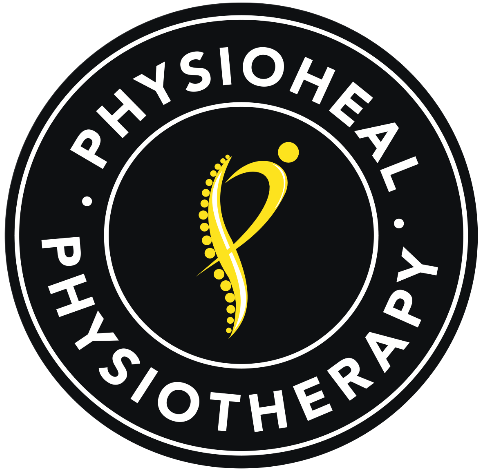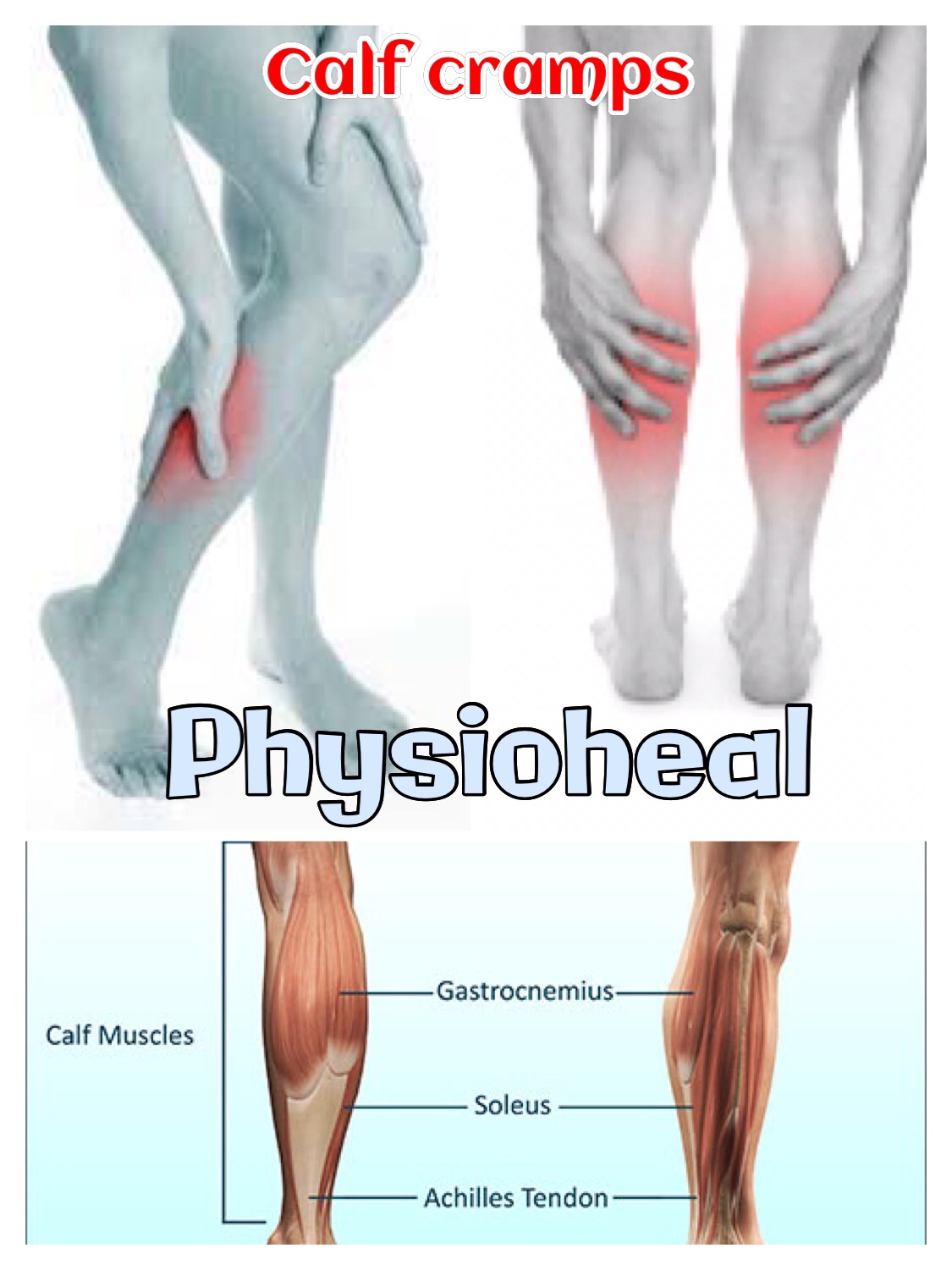Managing Leg Cramps During Sleep: Causes and Effective Solutions
Leg cramps during sleep can be a painful and disruptive experience. These sudden muscle contractions, often referred to as “charley-horses,” can range from uncomfortable to excruciating. Understanding the causes and effective solutions for leg cramps during sleep is essential to alleviate the pain and discomfort they bring. In this article, we will delve into the reasons behind these cramps and provide you with practical advice on how to prevent and manage them.
What Are Leg Cramps During Sleep?
Leg cramps during sleep are involuntary muscle contractions that occur during the night, causing discomfort and sleep disturbances. Although they can co-occur with other sleep disorders, nocturnal leg cramps are not directly linked to any underlying medical conditions.
Causes of Leg Cramps During Sleep
While leg cramps during sleep can affect anyone, they are more common among the elderly and pregnant women due to reduced blood circulation in the limbs. Several factors can contribute to these cramps:
- Dehydration: Inadequate water intake can lead to muscle cramps as muscles require hydration to function properly.
- Electrolyte Imbalances: Depleted levels of potassium and sodium can trigger cramps. Maintaining optimal mineral and electrolyte intake is essential.
- Carbohydrate Deficiency: Low carbohydrate levels may contribute to muscle cramps.
- Muscle Stiffness: Tense or stiff muscles are more prone to cramping.
- Vitamin Deficiencies: Certain vitamin deficiencies, such as magnesium, can cause cramps.
- Poor Blood Circulation: Reduced circulation in the limbs can lead to leg cramps, especially in pregnant women.
- Intense Exercise: Overexertion during high-intensity exercise can result in cramps.
- Stress: Stress can exacerbate muscle cramps.
- Involuntary Nerve Discharge: Nerve issues can sometimes lead to muscle cramps.
Leg Cramps During Pregnancy While Sleeping
Pregnant women often experience leg cramps during sleep due to pressure on nerves and blood vessels in the legs caused by the growing baby. Avoiding prolonged periods of sitting or standing is recommended. For professional assistance in managing pregnancy-related leg cramps, consult an antenatal expert.
Preventing and Treating Leg Cramps
To prevent and alleviate leg cramps during sleep, consider these steps:
- Hydration: Stay well-hydrated by drinking plenty of water and fluids.
- Balanced Diet: Consume a diet rich in carbohydrates, calcium, magnesium, potassium, and zinc to support muscle health.
- Stretching: Gently stretch your calf muscles and perform warm-up and cool-down exercises before and after physical activity.
- Regular Stretching: Incorporate calf muscle stretches into your daily routine, particularly before bedtime.
Physiotherapy for Leg Cramps
Physiotherapy can be highly beneficial for individuals suffering from leg cramps during sleep. It includes the following techniques:
- Gentle Stretching: Physiotherapists can provide guidance on gentle stretching exercises to relieve pain and muscle spasm.
- Temperature Therapy: Heat or cold packs can be applied, depending on the weather and individual preferences, to alleviate discomfort.
- Electrotherapeutic Modalities: Techniques such as ultrasound and TENS (transcutaneous electrical nerve stimulation) may be added to the treatment protocol, along with nutrient supplementation.
Introducing PhysioHeal Physiotherapy in Gurgaon
For comprehensive and effective physiotherapy for leg cramps during sleep, consider PhysioHeal, a leading physiotherapy center in Gurgaon. Under the guidance of Dr. Divya Gaur, one of the best physiotherapists in Gurgaon, PhysioHeal offers long-lasting and efficient treatments to relieve pain and spasm. They combine acupuncture with other treatments to achieve the best results.
For a full assessment and effective treatment, schedule an appointment with the specialist physiotherapists at PhysioHeal by calling +91-9999259307 or booking an appointment online today. Say goodbye to the discomfort of leg cramps during sleep and regain a peaceful night’s rest with PhysioHeal Physiotherapy in Gurgaon.
Conclusion
Leg cramps during sleep can be a challenging experience, but understanding their causes and implementing preventive measures can make a significant difference. With the help of physiotherapy, you can manage and alleviate the pain associated with leg cramps. For the best physiotherapy in Gurgaon, trust Dr. Divya Gaur and the team at PhysioHeal for effective and lasting relief.

